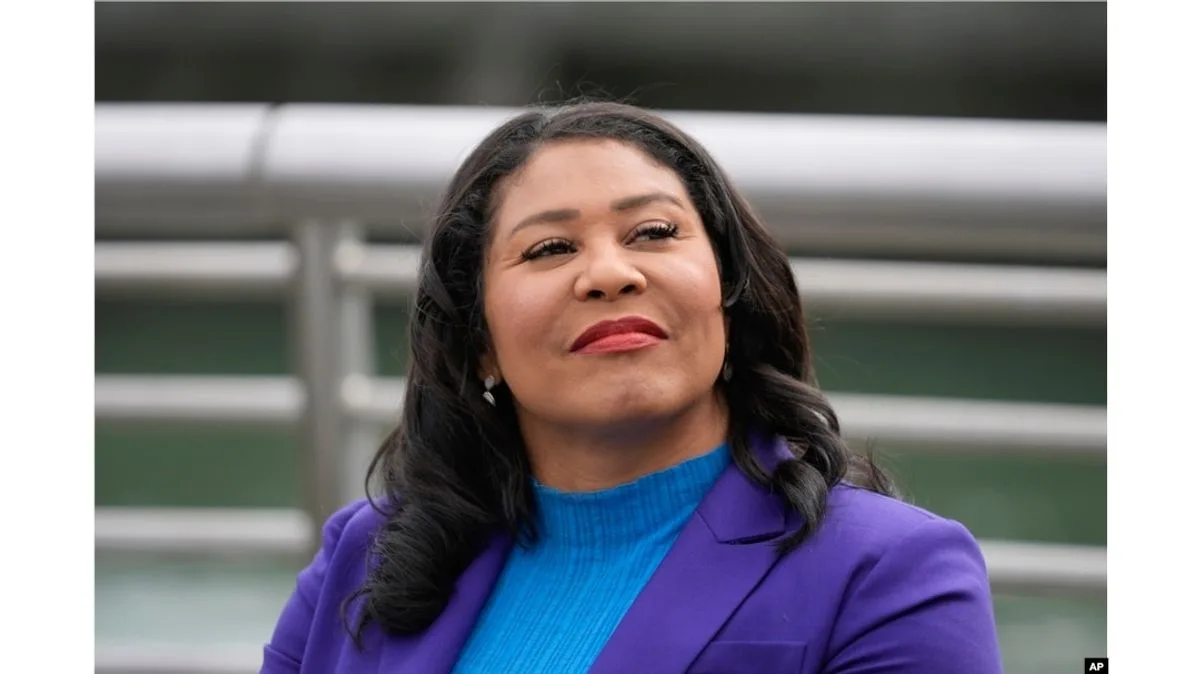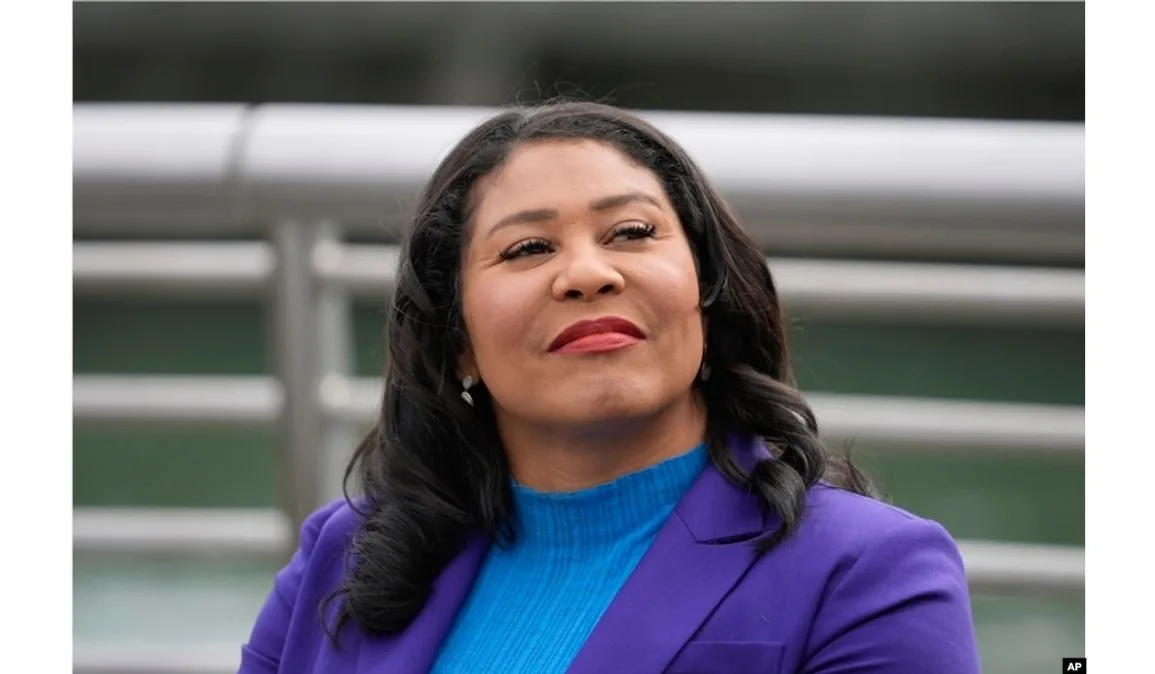
San Francisco’s Board of Supervisors has taken a monumental step by unanimously approving a resolution to formally apologize to African Americans for the city’s historical involvement in systemic racism, discrimination, and targeted violence. This significant gesture acknowledges the decades of policies that have disadvantaged Black communities, including property redlining and the destruction of the Fillmore neighborhood, marking a pivotal moment in the city’s journey towards racial justice.
Understanding the Apology
The resolution serves as a formal admission of the city’s past wrongs, including its role in perpetuating systemic and structural discrimination against African American residents. It acknowledges the targeted acts of violence and atrocities committed against the Black community, shedding light on the historical injustices that have contributed to the current racial wealth gap in San Francisco. While the apology is hailed as a historic step, it notably does not include financial reparations, sparking a debate among reparations advocates on the need for concrete actions to address these injustices.
Proposals for Reparations
Despite the apology, the resolution has sparked discussions on proposals for reparations, including a $5 million lump-sum payment and a $100,000 annual guaranteed income for eligible Black adults. These proposals aim to address the deep racial wealth gap and provide systemic investments in Black communities. However, there has been no action on these proposals yet. The resolution also criticizes current public safety measures and housing policies that could perpetuate harm against African American residents, highlighting the need for continuous efforts to not only acknowledge past wrongs but to actively repair and prevent future injustices.
Community Responses and Future Implications
The community’s response to the apology has been mixed, with some viewing it as an essential step towards healing and others calling for more substantive measures to ensure reparations are made. The debate continues on how best to address the deep-seated issues of racism and inequality that have plagued the city for decades. As San Francisco takes this initial step towards acknowledging its past, the resolution opens up a broader conversation on the role of apologies in reparations and the actions necessary to move forward towards racial equity and justice for African American residents.
This landmark apology by San Francisco’s Board of Supervisors marks a crucial point in the city’s history, offering a glimmer of hope for the future as it seeks to reconcile with its past. However, the journey towards true reparations and racial justice is far from over, requiring ongoing commitment and concrete actions to address the systemic inequalities that continue to affect African American communities.


